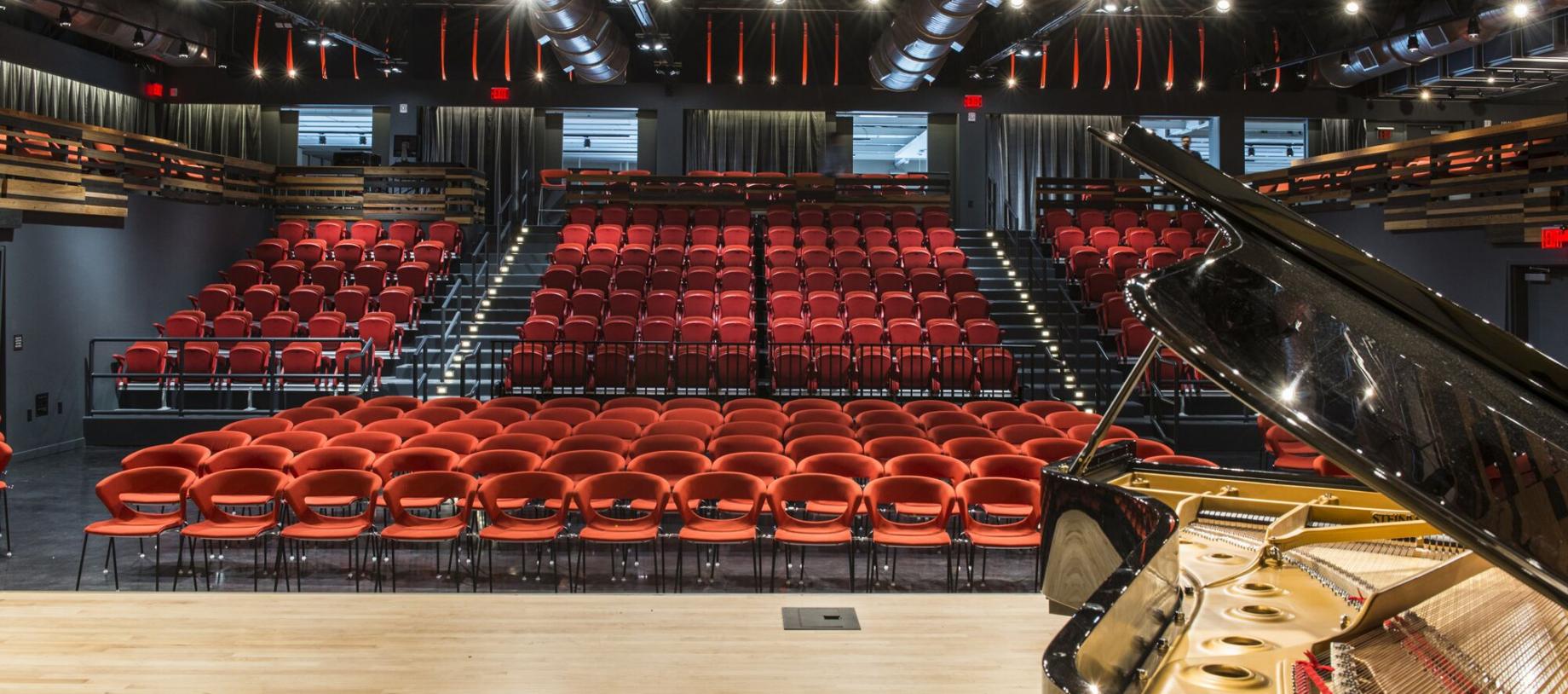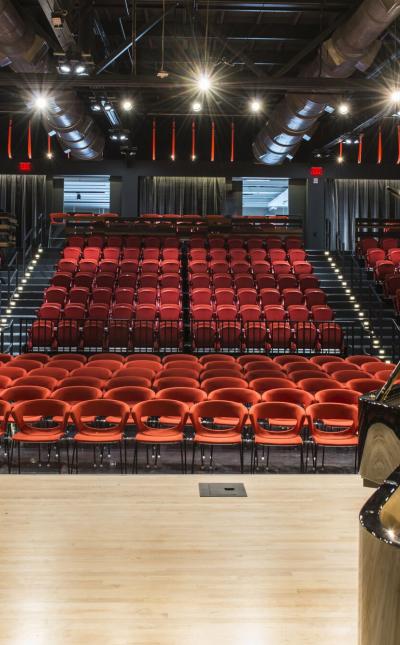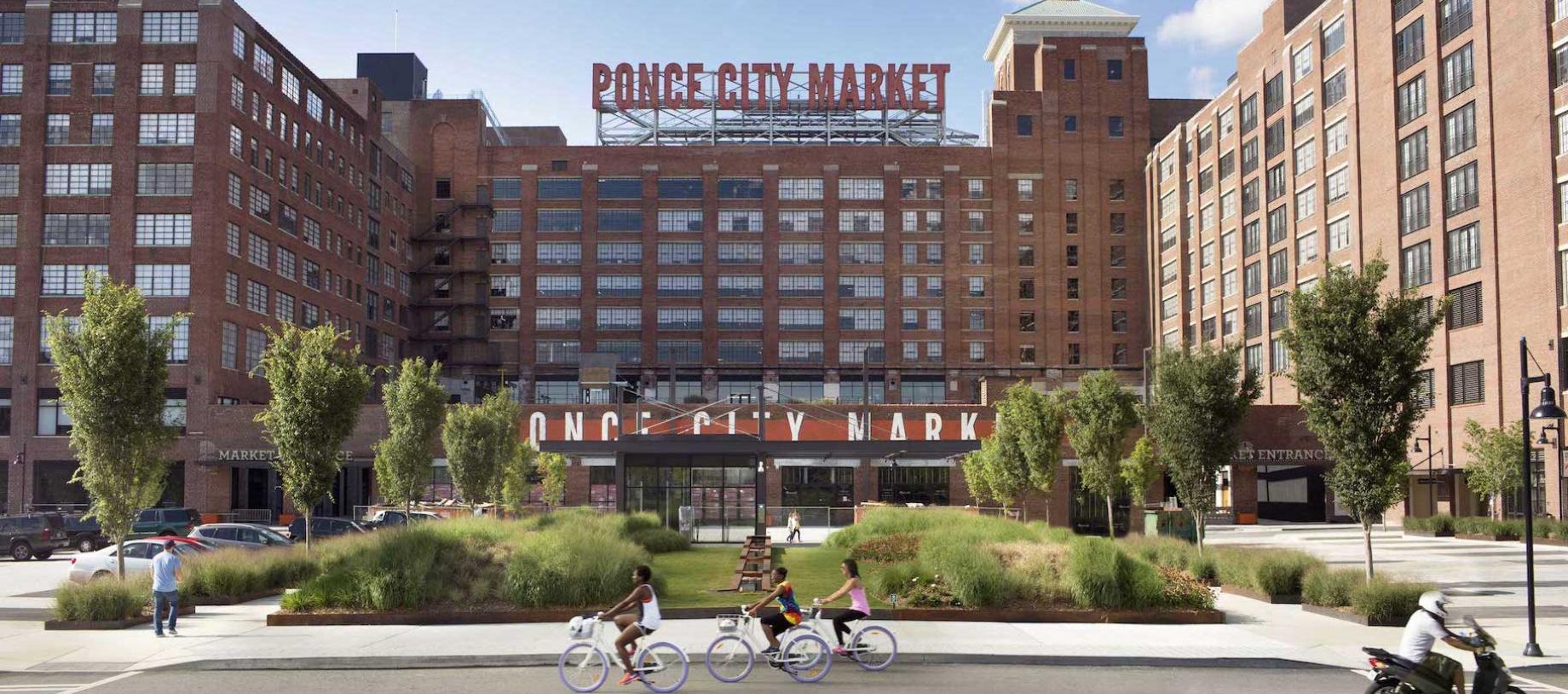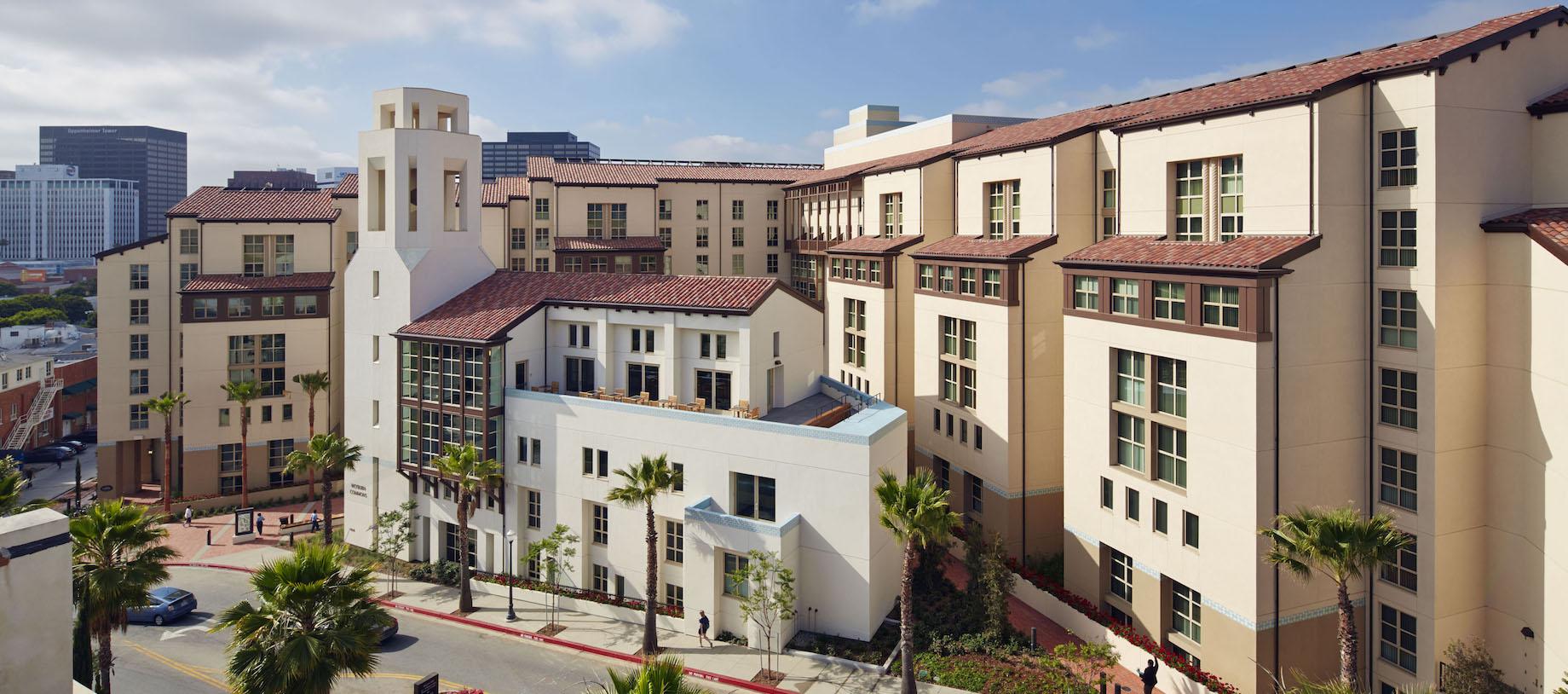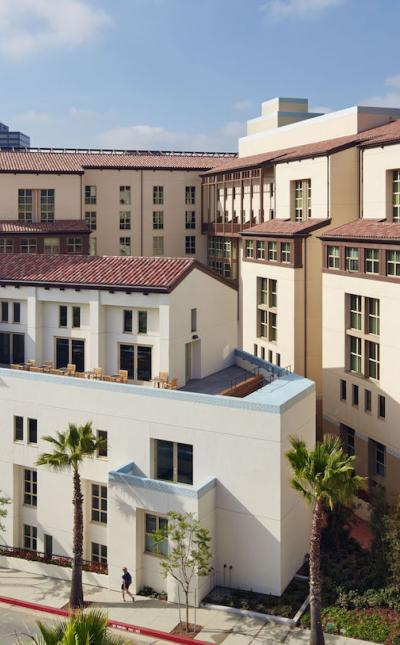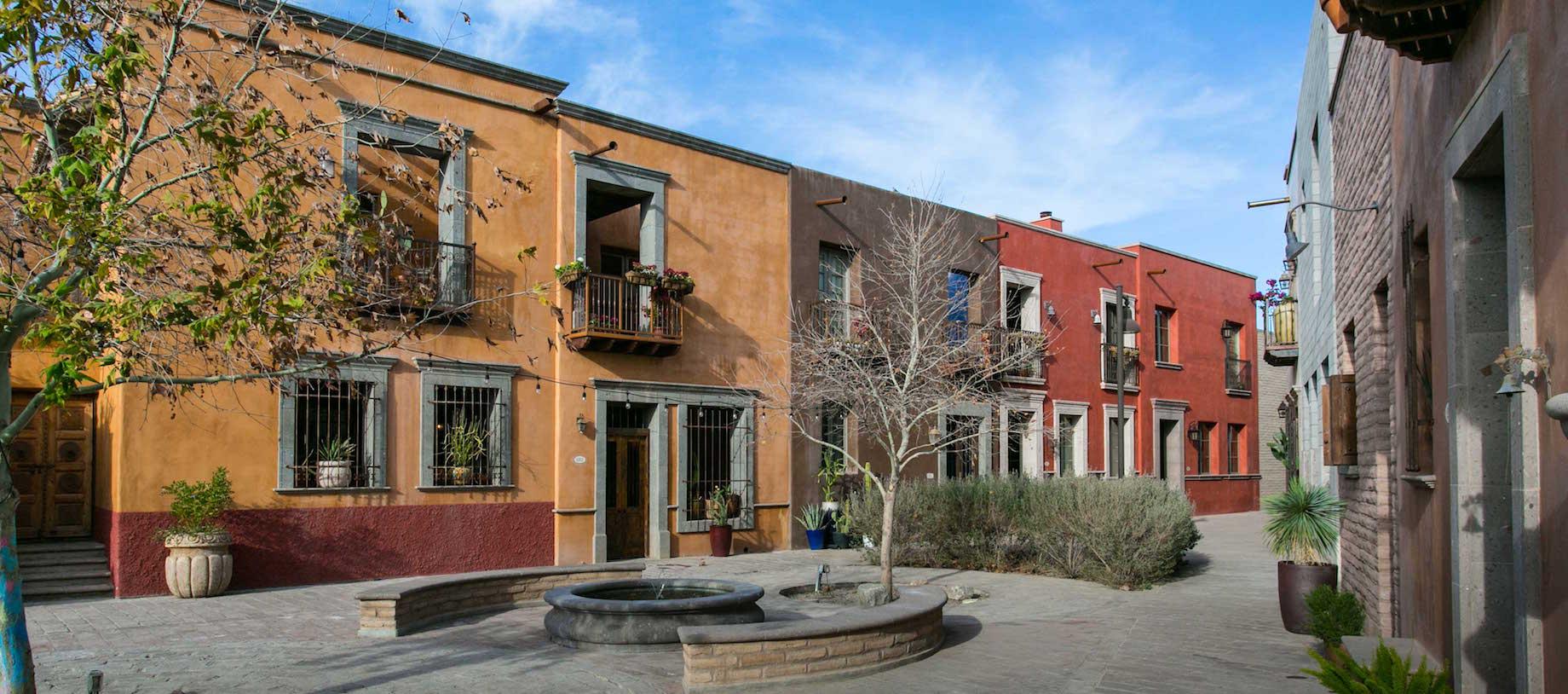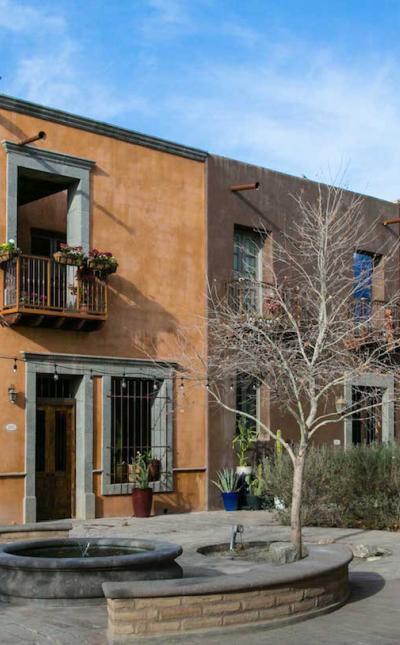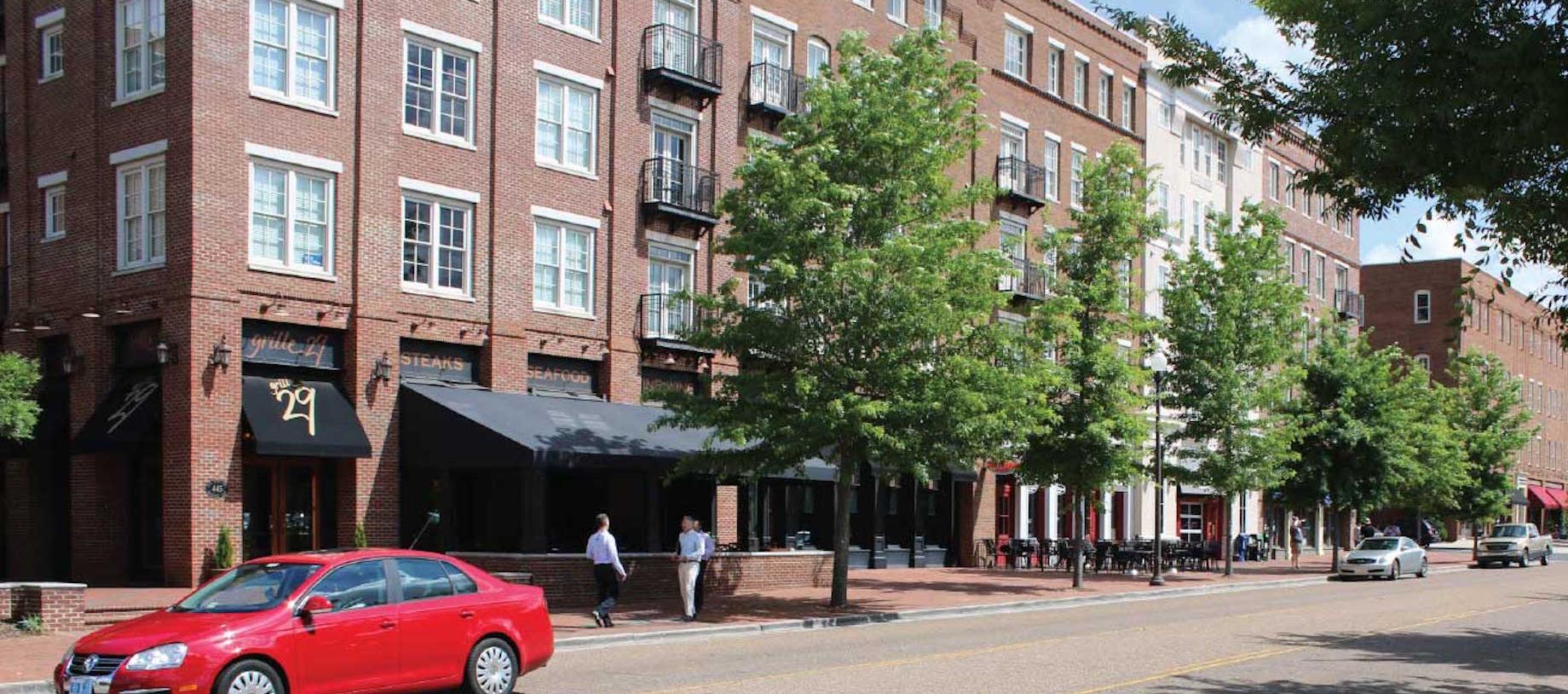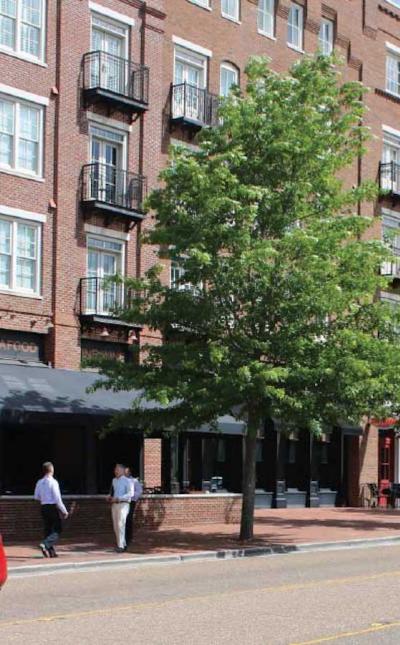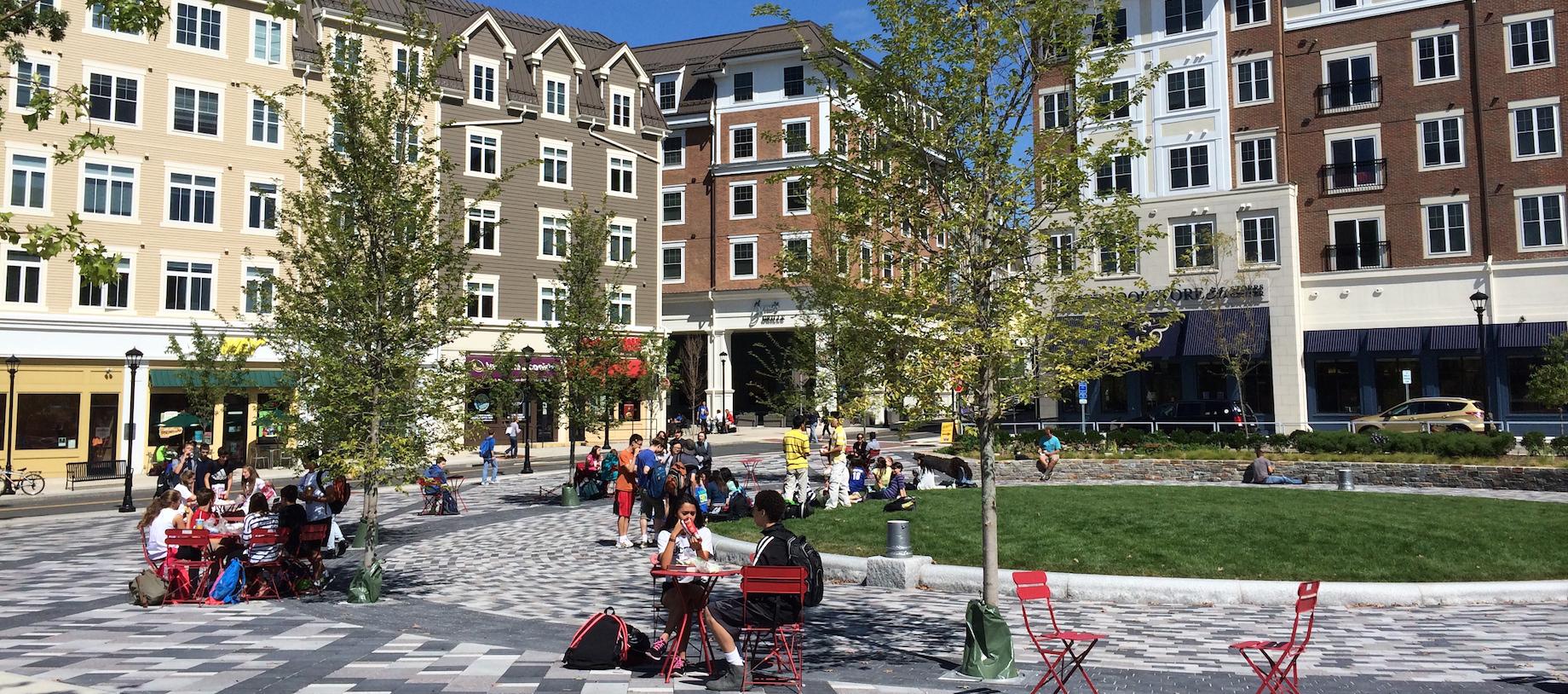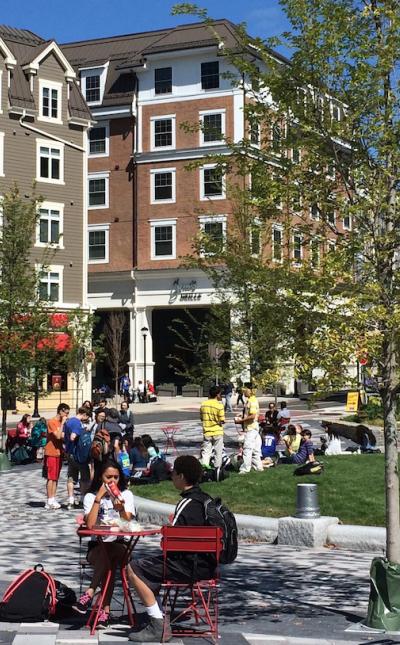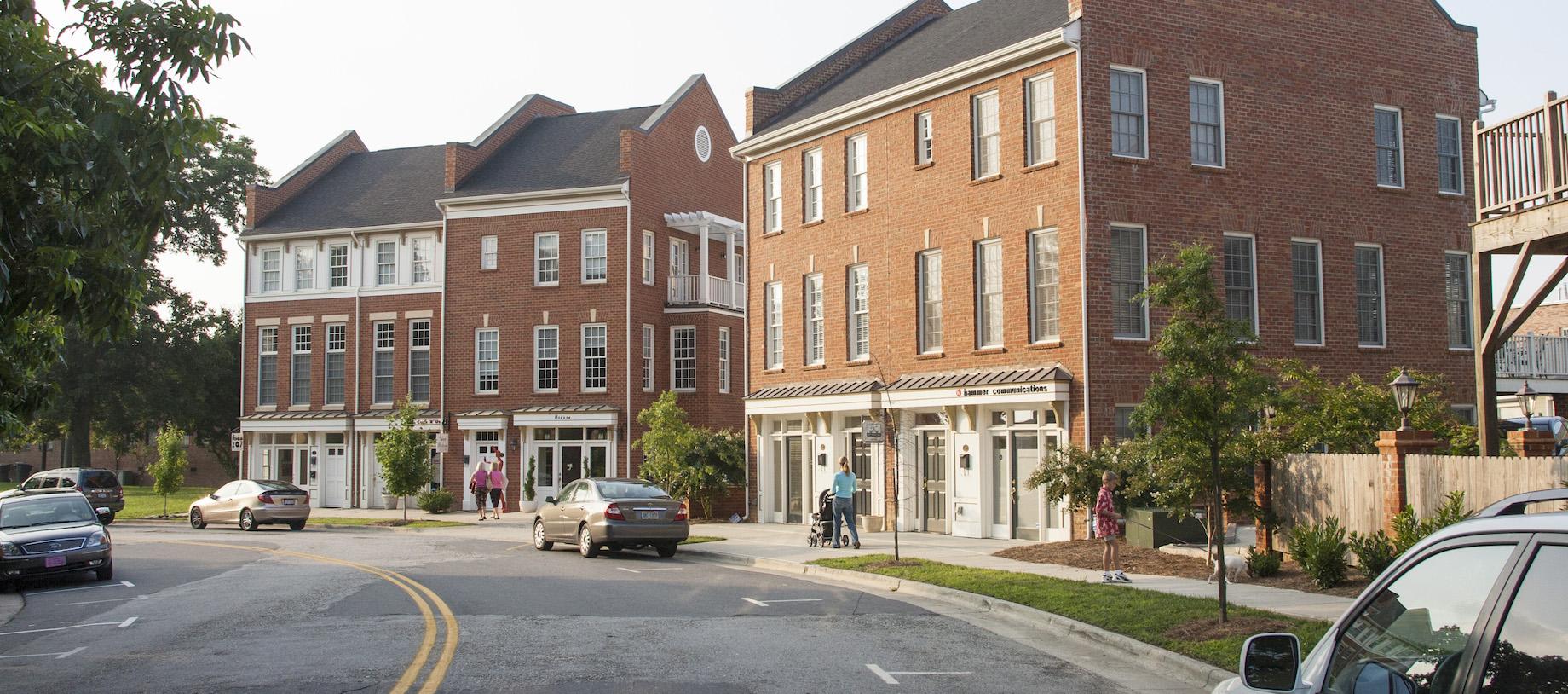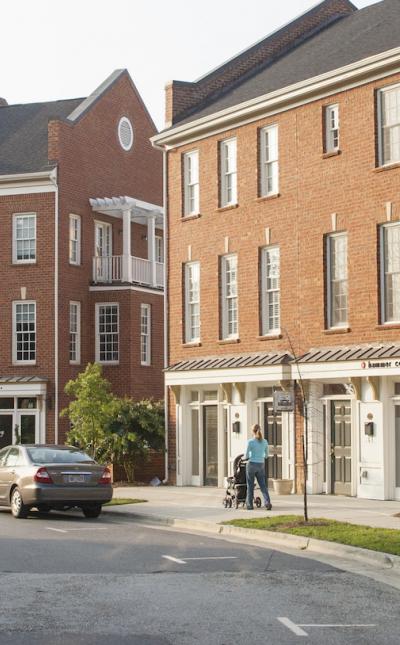- Who We Are
- What We Do
- Our Issues
- Our Projects
- Sprawl Retrofit
- Highways to Boulevards
- CNU/ITE Manual
- Health Districts
- The Project for Code Reform
- Lean Urbanism
- LEED for Neighborhood Development
- Missing Middle Housing
- Small-Scale Developers & Builders
- Emergency Response
- HUD HOPE VI
- Rainwater in Context
- Street Networks
- HUD Finance Reform
- Affordable Neighborhoods
- Autonomous Vehicles
- Legacy Projects
- Build Great Places
- Education & Trainings
- Charter Awards
- Annual Congress
- Athena Medals
- Resources
- Get Involved
- Donate
- Public Square
Ensuring that neighborhoods are affordable for diverse residents means offering a broad array of housing and rental choices, from single-family homes to condos to apartments. Residents also need transportation options that fit their circumstances—whether they primarily drive or get around without a car—to access jobs, healthy food, schools, and other destinations.
Affordable neighborhoods should also offer a range of commercial services and businesses, including grocery stores, household needs, childcare services, entertainment, and healthcare. Transit and transportation options can help by expanding access to these needs in nearby areas. Beyond housing, building a diverse local economy is essential for supporting residents of different backgrounds and helps them invest in their community.
CNU and its members advocate for comprehensive solutions to building and maintaining affordable neighborhoods, and have developed planning and policy tools that recognize and address the ways that all those factors interrelate holistically. Together, we’re building neighborhood affordability strategies that can work at all scales regardless of past conditions.



